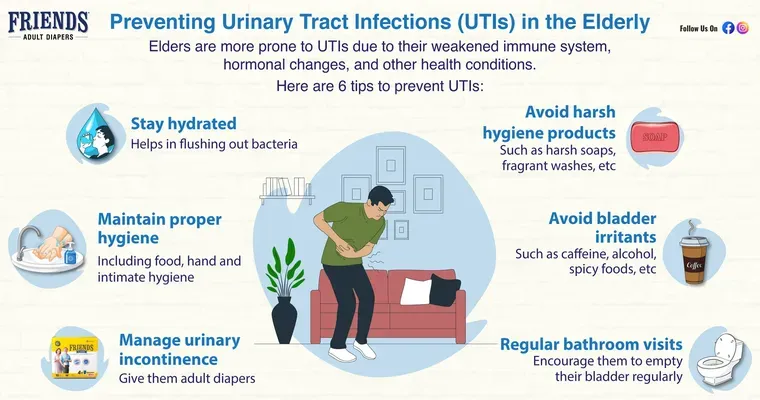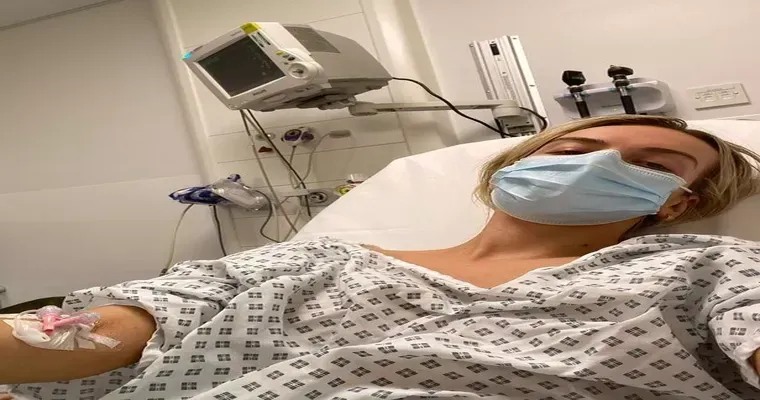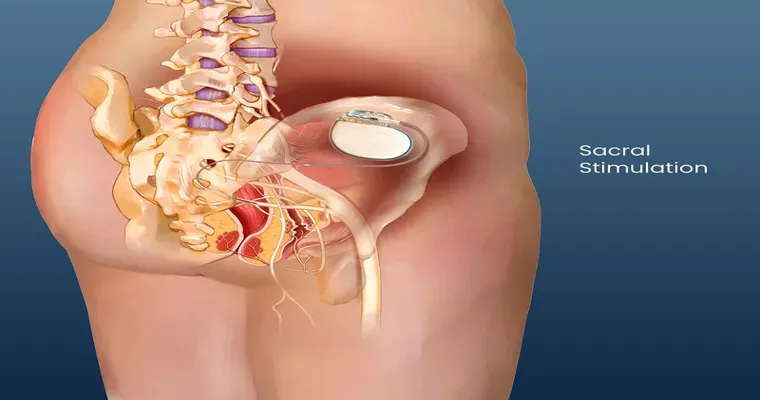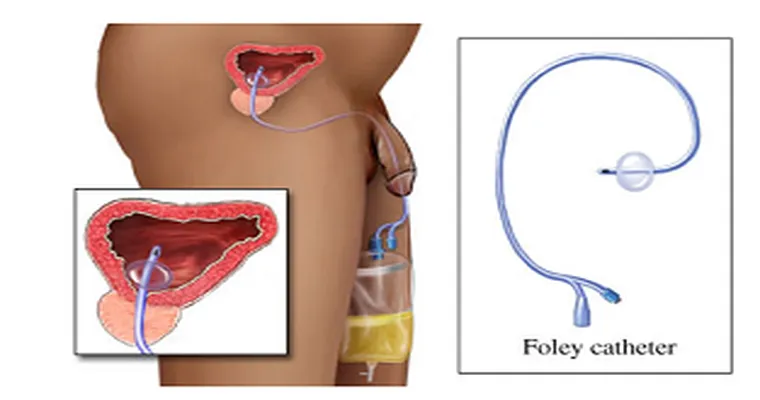Bladder control problems are a common issue among "elderly men", affecting their quality of life and leading to feelings of embarrassment and social isolation. As men age, they may experience various forms of "urinary incontinence", which can range from occasional leaks to a complete loss of bladder control. Understanding the causes, symptoms, and treatment options available for bladder control problems is essential for elderly men and their caregivers.
Causes of Bladder Control Problems
Several factors can contribute to bladder control problems in elderly men. One of the most common causes is an "enlarged prostate", also known as benign prostatic hyperplasia (BPH). This condition can obstruct the urethra, making it difficult to empty the bladder completely, leading to frequent urination and urgency. Other medical conditions, such as "diabetes", "neurological disorders", and urinary tract infections, can also impact bladder function.
Age-related changes in bladder and pelvic floor muscles can further exacerbate control issues. As men grow older, the bladder's elasticity decreases, reducing its capacity and increasing the need to urinate. Additionally, medications used to treat other health conditions may have side effects that affect bladder control.
Symptoms to Watch For
Elderly men experiencing bladder control problems may notice several symptoms, including:
Frequent urination, especially at night (nocturia)
Urgency to urinate that may be difficult to control
Leaking urine when laughing, sneezing, or exercising (stress incontinence)
Inability to reach the bathroom in time (urge incontinence)
A feeling of incomplete bladder emptying
Recognizing these symptoms early can help in seeking prompt medical advice and intervention.
Diagnosis and Treatment Options
If an elderly man is experiencing bladder control problems, it's essential to consult a healthcare professional for a proper diagnosis. The doctor may perform a physical examination, review medical history, and conduct tests such as urine analysis or ultrasound imaging to assess the bladder’s condition.
Treatment options vary depending on the underlying cause of the bladder control issues. Lifestyle modifications, such as reducing fluid intake before bedtime, practicing pelvic floor exercises, and maintaining a healthy weight, can significantly improve symptoms.
Medications may also be prescribed to help manage symptoms. In some cases, surgical options may be considered, particularly for those with severe symptoms due to an enlarged prostate.
Coping Strategies and Support
In addition to medical treatment, elderly men can benefit from various coping strategies to manage bladder control problems. Utilizing absorbent products, such as pads or adult diapers, can provide peace of mind and allow for more active participation in social activities.
Support groups can also be invaluable, providing a safe space to share experiences and coping strategies with others facing similar challenges. Caregivers play a crucial role in providing support, encouragement, and assistance in navigating the complexities of managing bladder control problems.
Conclusion
Bladder control problems in elderly men are a prevalent issue that can significantly impact daily life. Understanding the causes, recognizing symptoms, and exploring treatment options are vital steps towards regaining control and improving overall well-being. By seeking medical advice and implementing effective management strategies, elderly men can lead fulfilling lives despite bladder control challenges.





